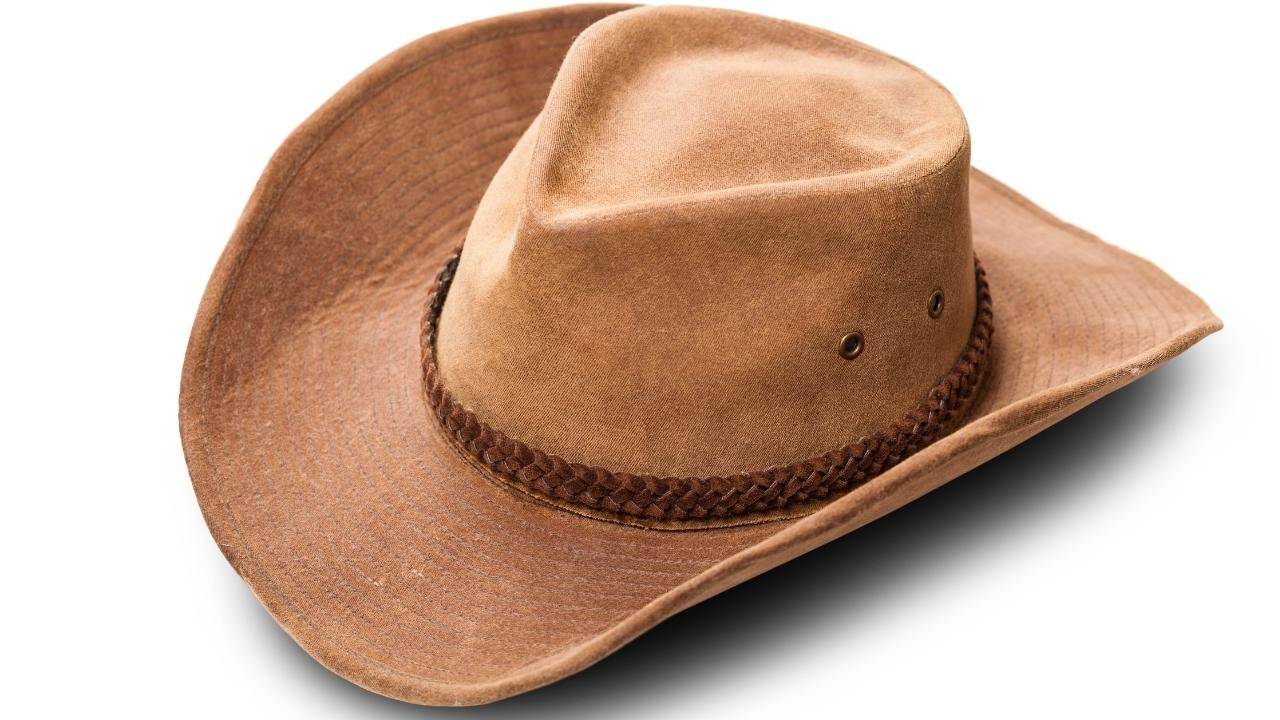This chic bucket hat is the first-ever commercial object made entirely from Reishi, a premium vegan leather created with mycelium. The hat, named the Reishi Boletus, is a product of a partnership between biomaterials innovator MycoWorks and famed hatmaker Nick Fouquet.
Apart from the Boletus, Fouquet has designed and produced two more hats — the Coprinus and the Morchella. These hats use Reishi for decorative trims. Treehugger reports that mycelium is the infinitely renewable root structure of mushrooms which is capable of growing and developing into a material that feels like and is strong like the finest animal-based leather.
Reishi is described as a completely natural, non-animal biomaterial that allows artisans like Fouquet to “use the same leather-working tools and skills that they’ve acquired over a lifetime of working with leather.” Fouquet himself is excited to experiment with a high-end alternative to leather. He says on his website, “I’m always on the lookout for renewable fabrics to work with… The moment I saw the MycoWorks Reishi leather alternative, I had to get my hands on it.”
This is a breakthrough development.
Reishi can be tanned without harmful substances like chrome, dyed, embossed, and stitched like animal-based leather, but with a far lower environmental impact.
If you want the Reishi Boletus, it’ll cost you — it retails for $810. These hats are designed to last a lifetime, to travel and age alongside you. The price of mycelium-based products will surely come down, as production methods improve and spread.
Plastic-based vegan leathers such as polyurethane and polyvinyl are no better than plastic — they degrade very slowly, contaminating the environment as they do.
In time, mycelium might prove a sustainable replacement for plastic and animal-sourced materials.
More inspiring green news similar to this:


